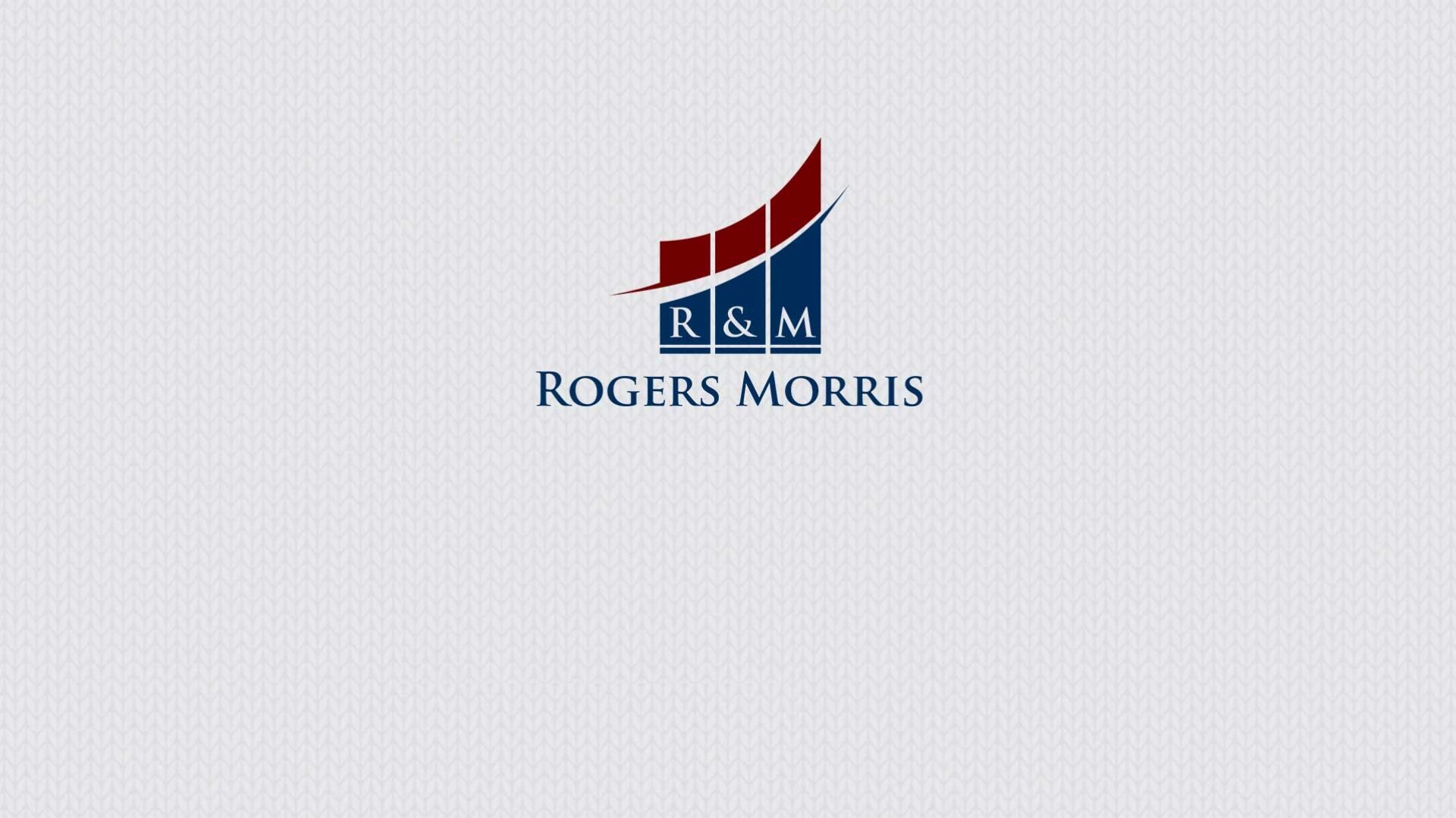The vast majority of business owners in Australia suffer a triple whammy hit when they sell their respective businesses and retire. They lose their salaries, face an additional tax liability and lose a significant proportion of their investment income. Ouch!
The commentary below deals with the investment income issue and outlines a potential solution.
————————————–
When many of the baby boomer business owners contemplate retiring they agonize over whether to continue owning the business or to sell the business.
By continuing to own the business one would probably have an uncomfortably high proportion of one’s wealth invested in one business. One would have most (if not) of all one’s investment ‘eggs in one basket’ and have a high dependence on the fortunes of that business to fund one’s retirement. If the business implodes or suffers a material drop in profitability, whether due to the performance of the new management team or due to issues well outside management’s control, one would suffer a material drop in one’s financial wealth at a time when one can least afford it – at a time when financial recovery by starting another business or securing employment is not a realistic option. Reputable financial advisors would probably argue that in most cases it would not be prudent for one to continue owning one’s business after retiring.
On the other side of the equation one needs to consider the financial cost of retiring. One will lose one’s salary and perks, which can be easily quantified and is to be expected. One will probably also face a large capital gains tax (and/or tax on special dividend received) liability, which can also be quantified relatively easily. A more complex problem is determining whether and if so to what extent one will suffer a loss of investment income. This involves a consideration of how one will invest the net sale proceeds, what return on investment one could reasonably expect from those investments and how that return would compare against the return one would otherwise have earned by continuing to invest in one’s business.
In the vast majority of cases business owners have not been able to find and are currently not able to find suitable investments that will give them a similar return to the return they would otherwise have earned by continuing to invest in their business. They are unlikely to get a similar return by investing the net sale proceeds in residential real estate, managed funds or a portfolio of blue-chip shares.
Let’s consider a numerical example, one that assumes the business generates a maintainable earnings before tax (EBT) of $1,000,000 per annum, the one sells one’s equity interest on a value multiple of 4 times EBT, the business has no bank or other loans and the sale does not give rise to a CGT or income tax liability. In this case, one will receive $4,000,000 on selling the business. If on reinvesting the money one earns a 10% pa return (a respectable return in the current market), one would receive $400,000. On the other hand, if one did not sell one would continue to receive $1,000,000 pre-tax equivalent, 25% of the $4,000,000 of net sale proceeds. So by selling, one only loses one’s salary but in this example also $600,000 per annum pre-tax equivalent. Ouch!
Someone selling the equity interest in a business at a price equating to say a 4 times maintainable EBT (earnings before tax) would need to earn a return (post sale) of at least 25% per annum to avoid ‘going backwards’ financially. A challenge in the current market!
So when contemplating retirement one is faced with a dilemma. On the one hand, by continuing to own the business after retiring one is exposed to imprudent levels of risk – having the bulk of one’s wealth exposed to one business and little prospect of recovering financially if the business implodes or suffers a material drop in sustainable profits. On the other hand, by selling one is likely to suffer additional tax liabilities and a material drop in one’s investment income. In other words, by selling one faces an almost certain loss of investment income but by not selling one faces the risk of losing significantly more. What should one do?
I am not aware of anyone offering a solution to this problem, so have decided to offer one through the Rogers Morris business. It is establishing a Fund that by investing in (or buying) unlisted companies will expect to generate returns of at least 25% per annum from a well-diversified portfolio of investments in companies generating maintainable EBIT of at least $1,000,000 per annum. Rather than be exposed to increasing risk by continuing to hold most of his/her wealth in one company, one will be able to reduce risk as well as expect a much higher investment return on the net sale proceeds than one could generally expect from traditional investments. That is, from investing in residential real estate, managed funds or a portfolio of listed shares.
__________________________
If as the owner of a business generating a maintainable EBIT of at least $1,000,000 you might be interested in selling your business (or part of your ownership interest in it) or might be interested in investing in the Fund referred to above, Rogers Morris will be pleased to hear from you.
__________________________
By: Mark Morris (July 2017)
